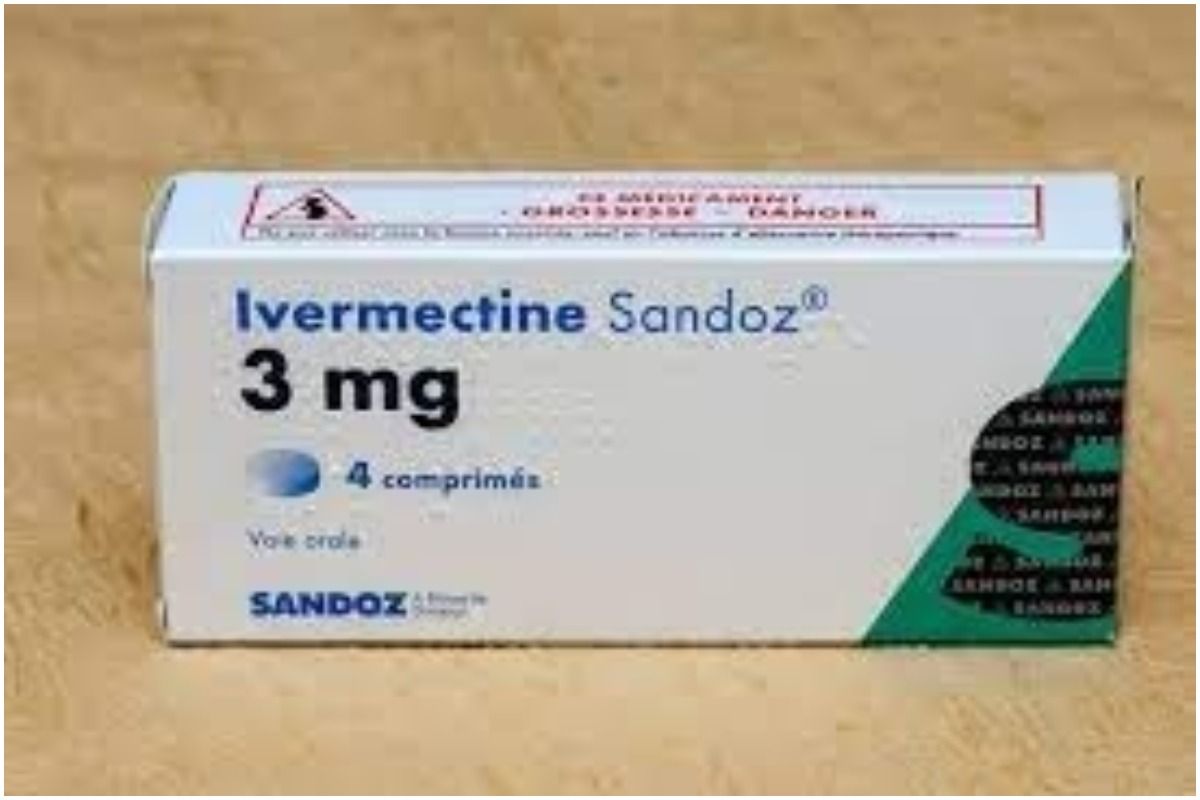New Delhi: The University of Oxford has said that it was testing the anti-parasitic drug Ivermectin as a possible treatment for COVID-19. The development, reported by Reuters, comes after a huge buzz surrounding the medicine after a few studies reportedly showed a reduction in virus replication on taking Ivermectin. The Oxford testing is a part of a British government-backed study that aims at developing covid recoveries for non-hospital settings.
Here’s What We Know so Far
- Ivermectin is an anti-parasitic drug, approved by the Food and Drug Administration (FDA), used as a prescription medication to treat certain parasitic roundworm infections.
- Typically, ivermectin is used for patients with intestinal strongyloidiasis and onchocerciasis.
- However, in a recent study, it was found that the oral antiparasitic drug can be used as a “prophylaxis treatment” against COVID-19 as its regular use could significantly reduce the risk of contracting coronavirus or at least prevents infection from taking a severe turn.
- The World Health Organisation (WHO) warned against the use of Ivermectin for COVID-19 due to lack of evidence. The FDA also did not support the data.
- A German body, in its analysis of Ivermectin, identified that there is “no scientific basis for a potential therapeutic effect against COVID-19 from pre-clinical studies”.
- The Directorate General of Health Services (DGHS) under the Union Health Ministry decided to drop the medicine from the list of covid drugs as a cure for mild or asymptomatic cases.
What is the new study on Ivermectin?
An ongoing study by the University of Oxford is now identifying how Ivermectin resulted in a reduction of virus replication in laboratory studies, adding that a small pilot showed giving the drug early could reduce viral load and the duration of symptoms in some cases of mild COVID-19.
Ivermectin is the seventh treatment to be investigated in trials for possible treatment of coronavirus. Along with ivermectin, Oxford University is also testing the antiviral drug favipiravir.
